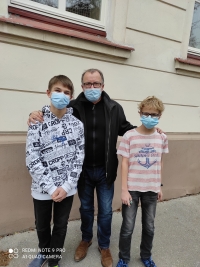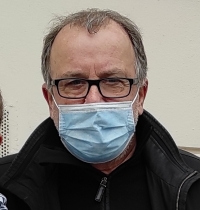I felt strongly that I couldn’t live here any longer

Download image
Jindřich Malý was born on 18 July 1957 in Karlovy Vary. When he was two years old, his parents divorced, his mother remarried and had three more children. The relationship with his stepfather gradually deteriorated, when he changed his opinions after 1968, joined the government line and became a convinced communist. Jindřich’s life was greatly influenced by his grandfather, his mother’s father, who was a political prisoner in Jáchymov. Jindřich had skied since childhood and skiing became his livelihood in emigration. After 1968, which he felt strongly about even as a child, he felt the coming normalisation and knew that he did not want to live here. He became part of the underground and wore his hair long in protest. Jindřich did his military service in Dukla Club in Prague and wanted to complete his secondary school education. However, at school, he was irritated by a Russian class and decided to emigrate from the country. In 1979 he managed to leave via Hungary to Yugoslavia and then to Munich. There he settled down, found a job and competed in skiing. He worked successively for two ski manufacturing companies, went to World Cups as a service man and even went to the 1988 Olympics in Calgary. After the Velvet Revolution he started a business in Czechoslovakia and returned permanently from emigration in 1993. He later sold his company and bought a property just outside of Prague where he built a hotel with a golf course where he still lives today (2021).


